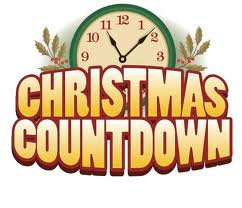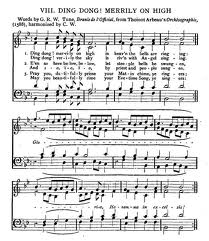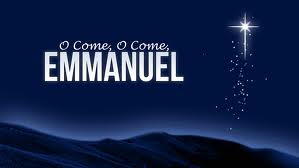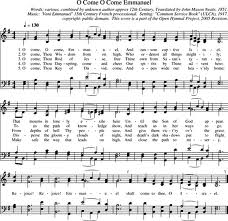Still, Still, Still ~ Christmas Countdown
Saturday, December 12, 2020 by Mary O'Connor | Christmas

Still, Still, Still is an Austrian Christmas carol and lullaby. In German its first line is "Still, still, still, weil's Kindlein schlafen will!" (Hush, hush, hush, for the little child wants to sleep!)
The melody is a folk tune (authorship unknown) from the State of Salzburg. The tune appeared for the first time in 1865 in a folksong collection of Maria Vinzenz Süß (1802-1868), founder of the Salzburg Museum; it has changed slightly over the years but remains attributed to G. Götsch.
The words, which run to six verses in German, describe the peace of the infant Jesus and his mother as they sleep. There are various English translations. This is one version:
Still, still, still,
One can hear the falling snow.
For all is hushed,
The world is sleeping,
Holy Star its vigil keeping.
Still, still, still,
One can hear the falling snow.
Sleep, sleep, sleep,
'Tis the eve of our Saviour's birth.
The night is peaceful all around you,
Close your eyes,
Let sleep surround you.
Sleep, sleep, sleep,
'Tis the eve of our Saviour's birth.
Dream, dream, dream,
Of the joyous day to come.
While guardian angels without number,
Watch you as you sweetly slumber.
Dream, dream, dream,
Of the joyous day to come.
Ding Dong! Merrily On High ~ Christmas Countdown
Friday, December 11, 2020 by Mary O'Connor | Christmas

"Ding Dong Merrily on High" first appeared as a secular dance tune known as "le branle de l'Official" in a dance book written by Jehan Tabourot (1519–1593). The lyrics are from English composer George Ratcliffe Woodward (1848–1934), and it was first published in 1924 in his The Cambridge Carol-Book: Being Fifty-two Songs for Christmas, Easter, And Other Seasons. Woodward had an interest in church bell ringing, which no doubt helped inspire this carol
Ding dong! merrily on high
In heav'n the bells are ringing:
Ding dong! verily the sky
Is riv'n with Angel singing.
REFRAIN
Gloria,
Hosanna in excelsis !
Gloria,
Hosanna in excelsis !
E'en so here below, below,
Let steeple bells be swungen,
And "Io, io, io!"
By priest and people sungen.
REFRAIN
Pray you, dutifully prime
Your matin chime, ye ringers;
May you beautifully rime
Your evetime song, ye singers.
REFRAIN
Note: "Swungen" and "Sungen" in the second verse are archaic English verb forms.
O Come, O Come Emmanuel ~ Christmas Countdown
Thursday, December 10, 2020 by Mary O'Connor | Christmas

O come, O come, Emmanuel is the mid-19th-century translation by John Mason Neale and Henry Sloane Coffin of the Ecclesiastical Latin text "Veni, veni , Emmanuel".
The text is based on the Biblical prophecy from Isaiah 7:14 that states that God will give Israel a sign that will be called Emmanuel (Literally: God with us). Matthew 1:23 states fulfillment of this prophecy in the birth of Jesus of Nazareth.
O come, O come, Emmanuel
And ransom captive Israel
That mourns in lonely exile here
Until the Son of God appear
Rejoice! Rejoice! Emmanuel
Shall come to thee, O Israel.
O come, Thou Rod of Jesse, free
Thine own from Satan's tyranny
From depths of Hell Thy people save
And give them victory o'er the grave
Rejoice! Rejoice! Emmanuel
Shall come to thee, O Israel.
O come, Thou Day-Spring, come and cheer
Our spirits by Thine advent here
Disperse the gloomy clouds of night
And death's dark shadows put to flight.
Rejoice! Rejoice! Emmanuel
Shall come to thee, O Israel.
O come, Thou Key of David, come,
And open wide our heavenly home;
Make safe the way that leads on high,
And close the path to misery.
Rejoice! Rejoice! Emmanuel
Shall come to thee, O Israel.
O come, O come, Thou Lord of might,
Who to Thy tribes, on Sinai's height,
In ancient times did'st give the Law,
In cloud , and majesty and awe.
Rejoice! Rejoice! Emmanuel
Shall come to thee, O Israel.







